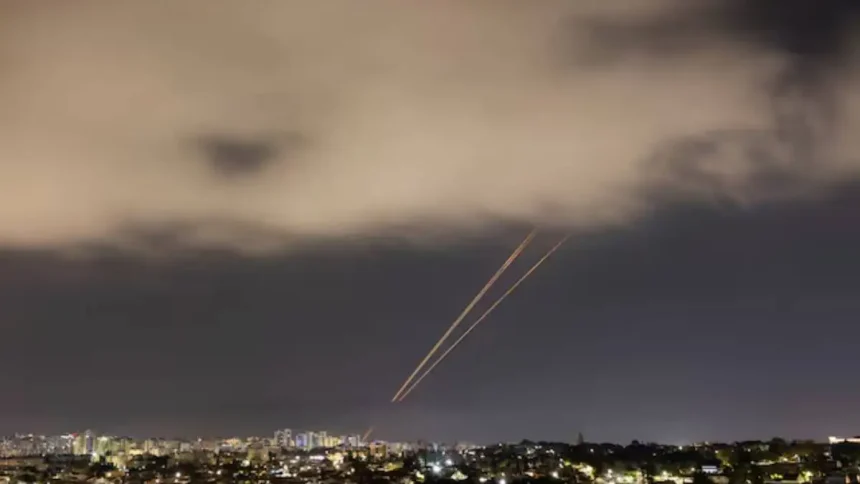Beirut/Jerusalem, August 6, 2024 – In a significant escalation of regional tensions, Hezbollah launched a swarm of drones targeting various locations in northern Israel. The Hezbollah drone attack on Israel, which occurred in the early hours of Tuesday, represents one of the most aggressive actions by the Lebanese militant group in recent years.
The Attack
According to Israeli military sources, dozens of drones were launched from southern Lebanon, infiltrating Israeli airspace. The Israel Defense Forces (IDF) reported intercepting and downing most of the drones using advanced anti-drone technology, including the Iron Dome and other air defense systems. However, several drones managed to penetrate deep into Israeli territory, causing damage to infrastructure and minor injuries to civilians.
Israeli Prime Minister Benjamin Netanyahu condemned the Hezbollah drone attack on Israel, stating, “This unprovoked assault by Hezbollah is a clear act of aggression and will not go unanswered. We will take all necessary measures to defend our citizens and ensure our national security.”
Hezbollah’s Motives
Hezbollah has not officially claimed responsibility for the drone attack on Israel, but sources within the group have indicated that the operation was a response to recent Israeli airstrikes in Syria, which targeted Iranian and Hezbollah assets. These strikes are part of Israel’s ongoing efforts to prevent Iranian entrenchment in Syria and the transfer of advanced weaponry to Hezbollah.
In a statement released through its affiliated media, Hezbollah warned that it would continue to retaliate against what it described as “Israeli aggression.” The group also reiterated its commitment to supporting the Palestinian cause and resisting Israeli occupation.
Regional and International Reactions
The Hezbollah drone attack on Israel has sparked widespread concern across the region. Lebanese President Michel Aoun called for an emergency meeting of the country’s security council to address the escalating situation. He urged all parties to exercise restraint to avoid further destabilization of Lebanon, which is already grappling with severe economic and political crises.
In Washington, the U.S. State Department issued a statement condemning the drone attack by Hezbollah and expressing support for Israel’s right to defend itself. “The United States stands with Israel in the face of this unjustified aggression by Hezbollah. We call on all parties to de-escalate and pursue diplomatic solutions to the underlying issues,” the statement read.
The United Nations also expressed alarm over the potential for a wider conflict. UN Secretary-General António Guterres called for an immediate cessation of hostilities and urged both sides to return to negotiations.
Implications for the Future
The use of drones in the latest confrontation marks a notable development in Hezbollah’s drone capabilities. Experts suggest that the group has significantly enhanced its drone technology, possibly with assistance from Iran. This advancement poses a new challenge for Israel, which must adapt its defense strategies to counter the evolving drone threat.
The Hezbollah drone attack on Israel and Israel’s likely response could trigger a broader conflict, drawing in regional and international actors. The situation remains highly volatile, with both sides preparing for potential further escalation.
As the world watches closely, the immediate future of the Israeli-Lebanese border remains uncertain. The international community will need to engage proactively to prevent a full-scale war and seek a path toward lasting peace in the region.
Conclusion
The deployment of a drone swarm by Hezbollah against Israel marks a dangerous escalation in an already tense region. Both sides are bracing for further conflict, and the international community faces the urgent task of mediating to prevent a broader war. The situation underscores the fragility of regional stability and the critical need for sustained diplomatic efforts to address the underlying issues fueling this long-standing conflict.


